The bird flu has started to spread in a variety of ways in the United States, which has greatly worried many. As bird flu infections in humans have now appeared, experts are warning Americans what they should and shouldn’t eat during the ongoing bird flu outbreak.
This H5N1 bird flu strain has resulted in many chickens and cows becoming infected. As a result, analysts are stressing that we should all pay attention to what we’re deciding to eat during this time.
The Bird Flu in the U.S.
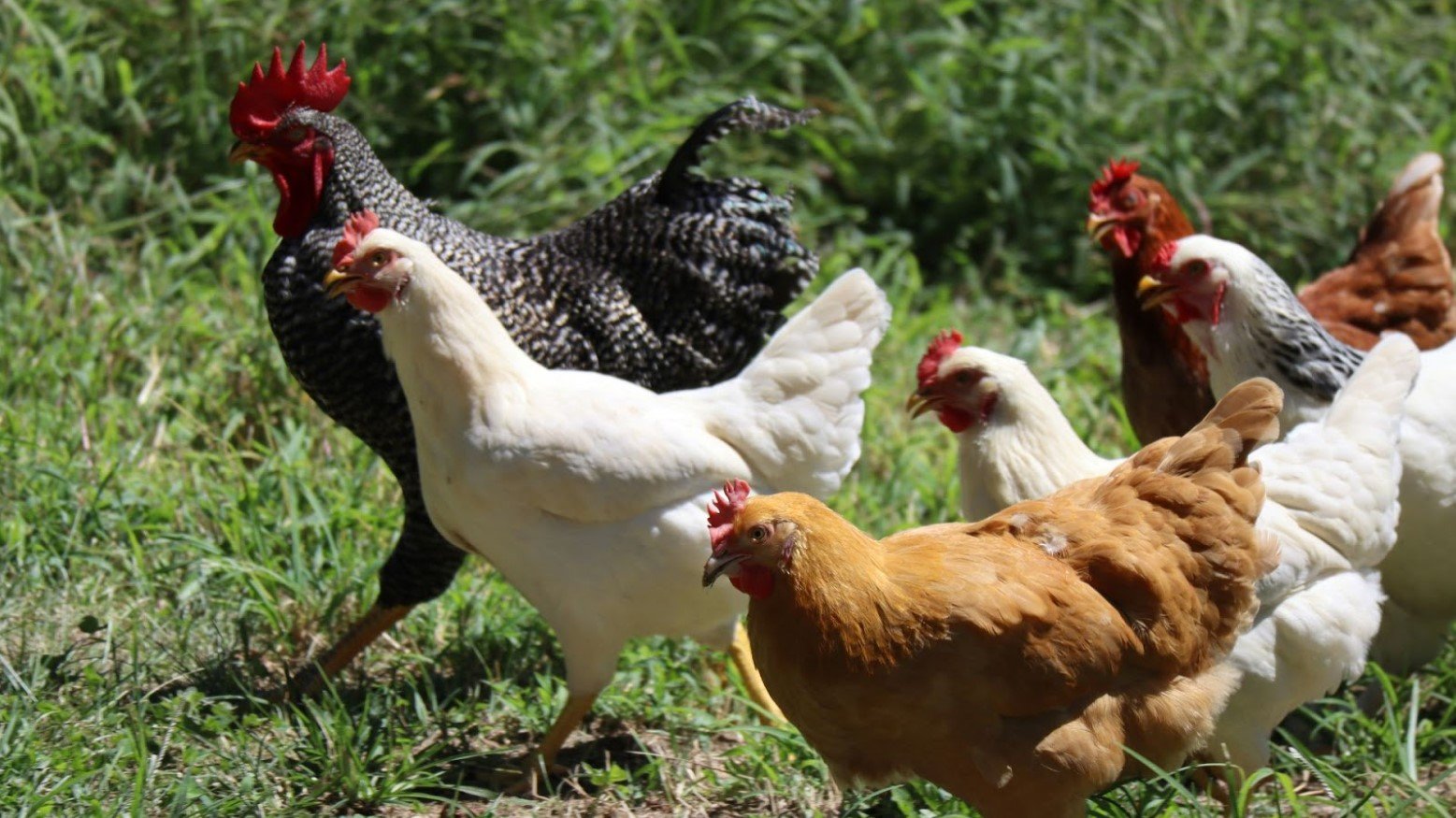
Though reappearances of the bird flu have been seen around the world for the last few years now, recent cases in the U.S. have only begun to hit the news in the past few months.
The discovery of the bird flu in chicken flocks and cattle has caused companies to be forced to cull millions of animals. Worryingly, a dairy farmer in Texas has contracted the disease, making him only the second American to ever become infected with the bird flu.
Experts Sound Alarm
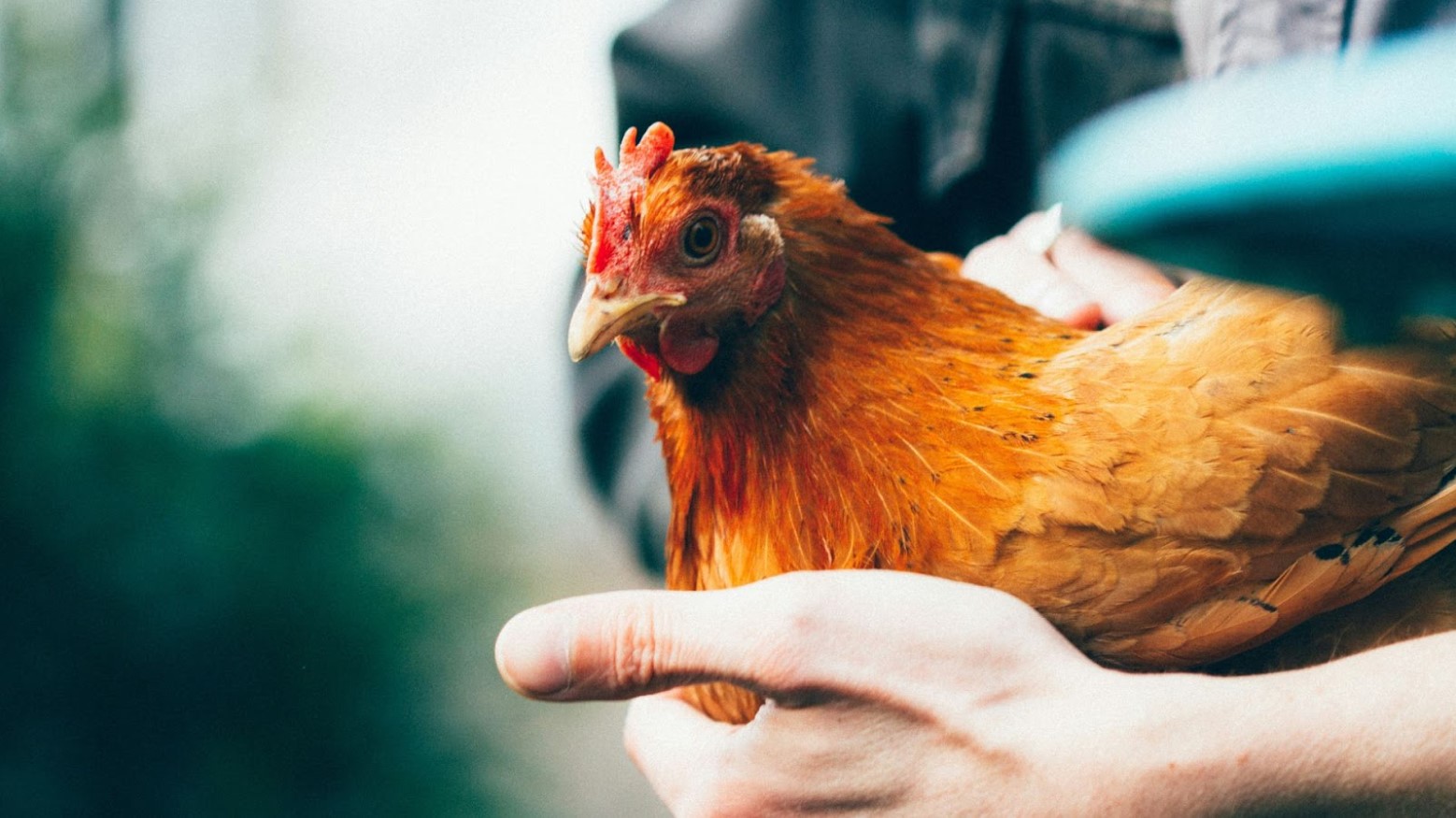
Many analysts have begun to worry that the many animals becoming infected with this specific strain of bird flu could eventually result in more humans becoming infected with it, especially as the animals many eat have the virus.
The recent uptick in bird flu animal cases has also caused experts to remind people of the virus’ incredibly high fatality rate. According to the World Health Organization, H5N1’s fatality rate is 52%.
Cooking Meats Safely
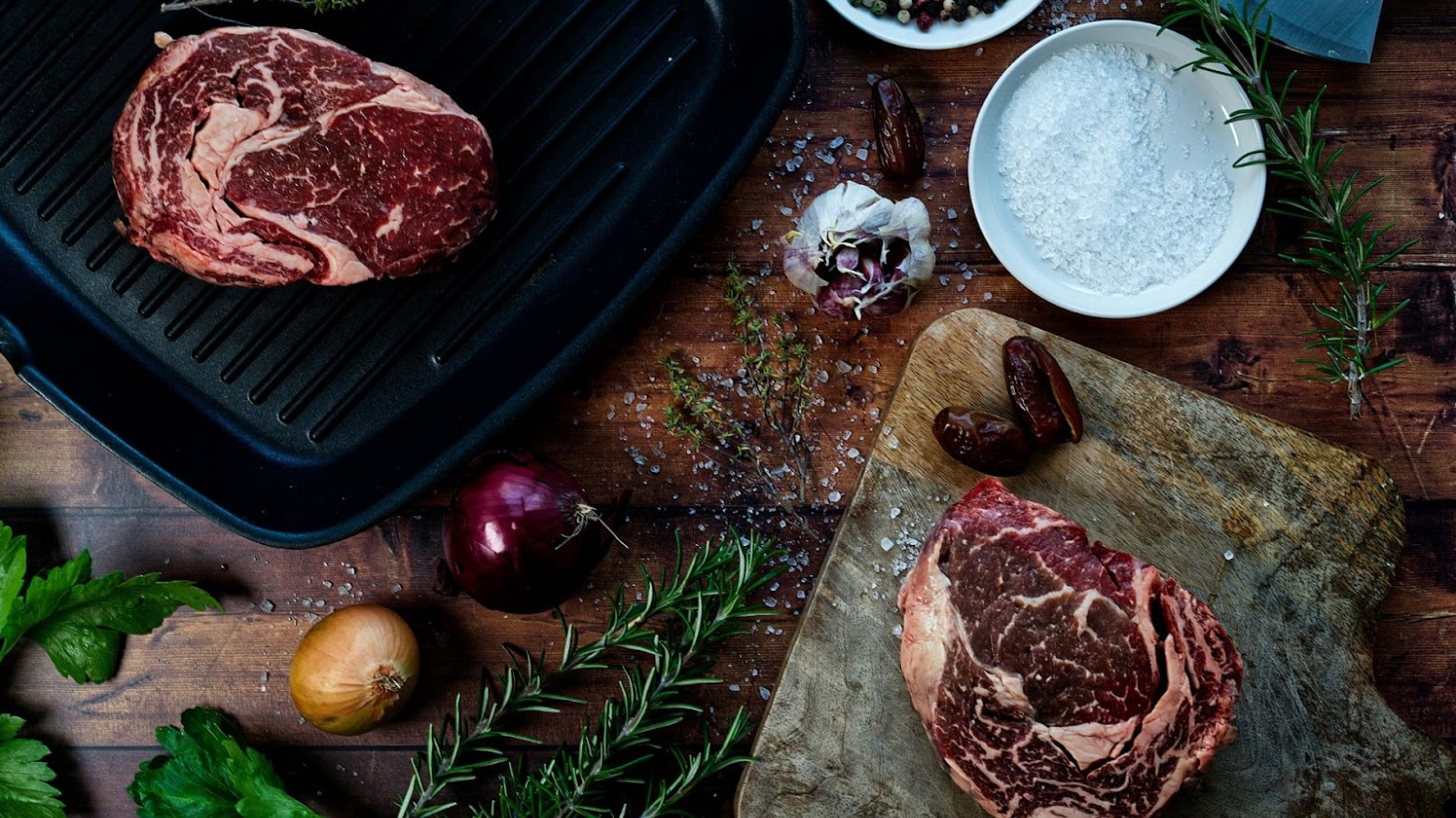
Analysts have stated that, during this time, people should always ensure that they’re cooking all their meats safely, and completely. Improperly cooked meats could potentially result in infection.
This means that your steaks should be cooked all the way through. You should avoid eating rare or medium rare steaks, and instead should choose well-done ones.
Searing Steak
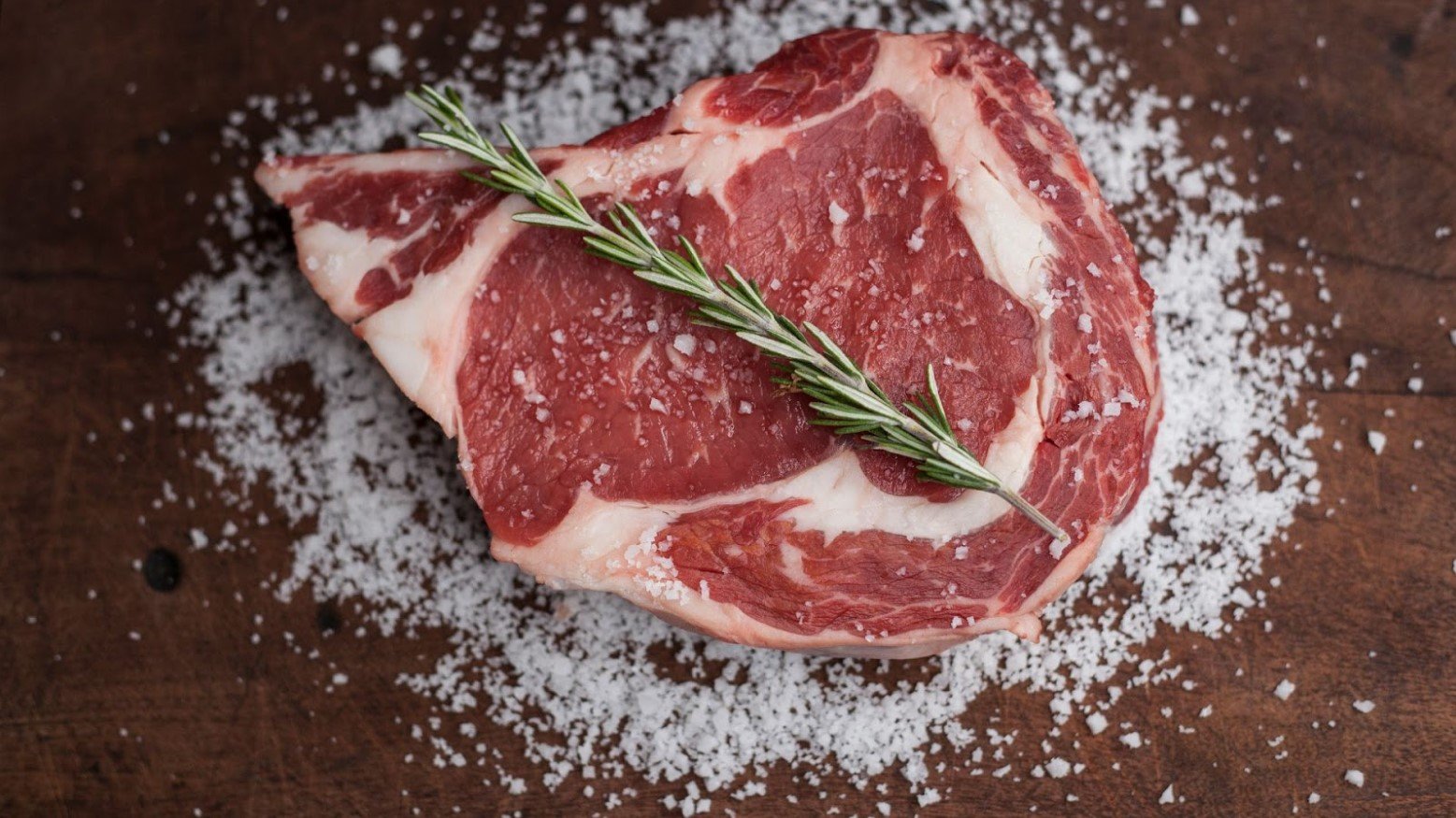
For those who can’t do without a medium rare steak, experts do believe that searing the steak on the outside should work well enough to kill any potential pathogens in the meat on the inside.
However, these analysts also warn that the virus could travel to this inside part of the meat as well. This is why they caution eating medium-rare steaks during this time.
Cooking Eggs

Throughout the United States, many chicken farmers who produce eggs for Americans to eat have been faced with ample issues as the bird flu rages through their flocks. This has caused many to wonder if it’s okay to eat eggs right now.
Experts state that you can still eat eggs — but you’re going to want to cook them all the way through. Avoid runny eggs. Therefore, don’t eat poached, sunny side up, over easy, or soft-boiled eggs, as they all have runny yolks.
Cooking Meat and Eggs All the Way Through

According to these analysts, it’s vitally important that you cook your meat and eggs all the way through during this time. This is because high heat easily kills any potential pathogens in the food.
For steak, seek an internal temperature of 145 degrees Fahrenheit. Meanwhile, eggs should have an internal temperature of at least 160 degrees Fahrenheit. Ensure that any eggs you cook have both white and yolk firmness.
Pay Attention to Your Eggs
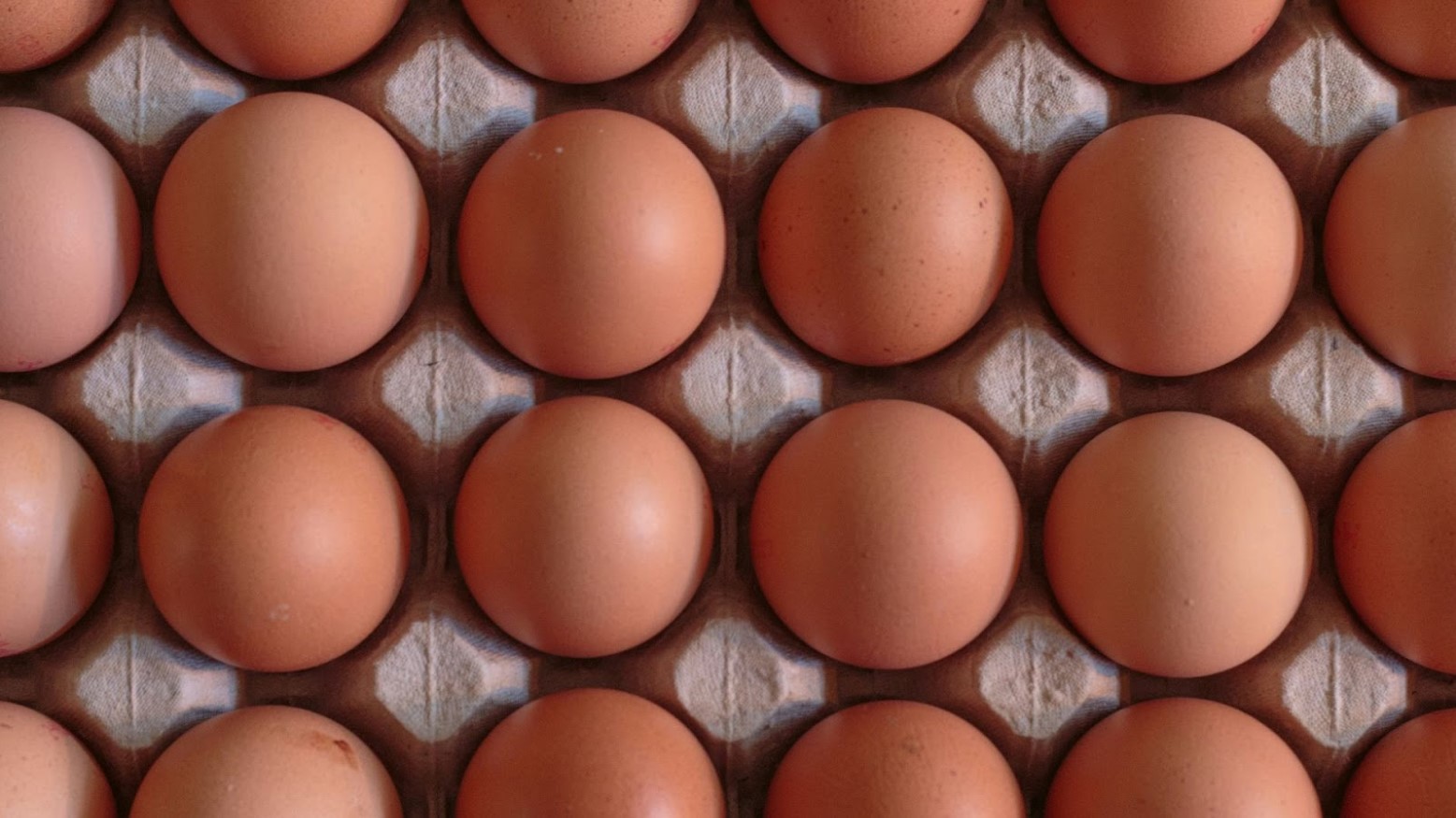
It’s also necessary to truly take a look at your eggs before you crack them. Pay attention to what you’re buying. Bacteria and pathogens could potentially get into an egg in a variety of ways.
Therefore, don’t eat any eggs that appear to be dirty. Eggs that are cracked should be completely avoided at all costs.
Bird Flu in Cattle
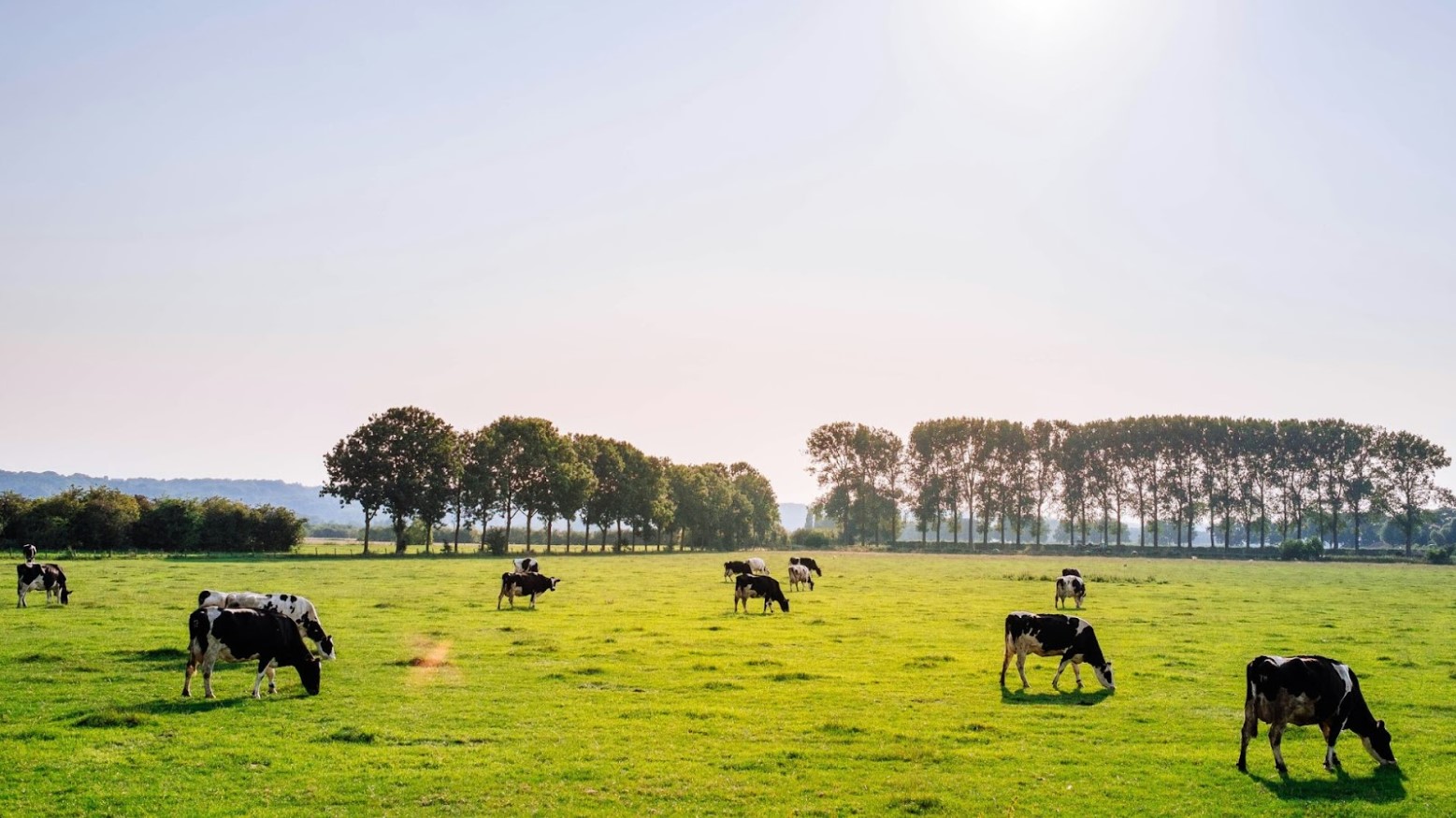
Unfortunately, the bird flu has now spread to cattle in the United States. While many people may naturally be thinking of how this may affect their steaks, it’s also important to think about dairy intake.
Analysts say that you should only drink milk if it is pasteurized, as unpasteurized milk could potentially allow the bird flu to pass from infected cow to human being.
Do Not Drink Raw Milk
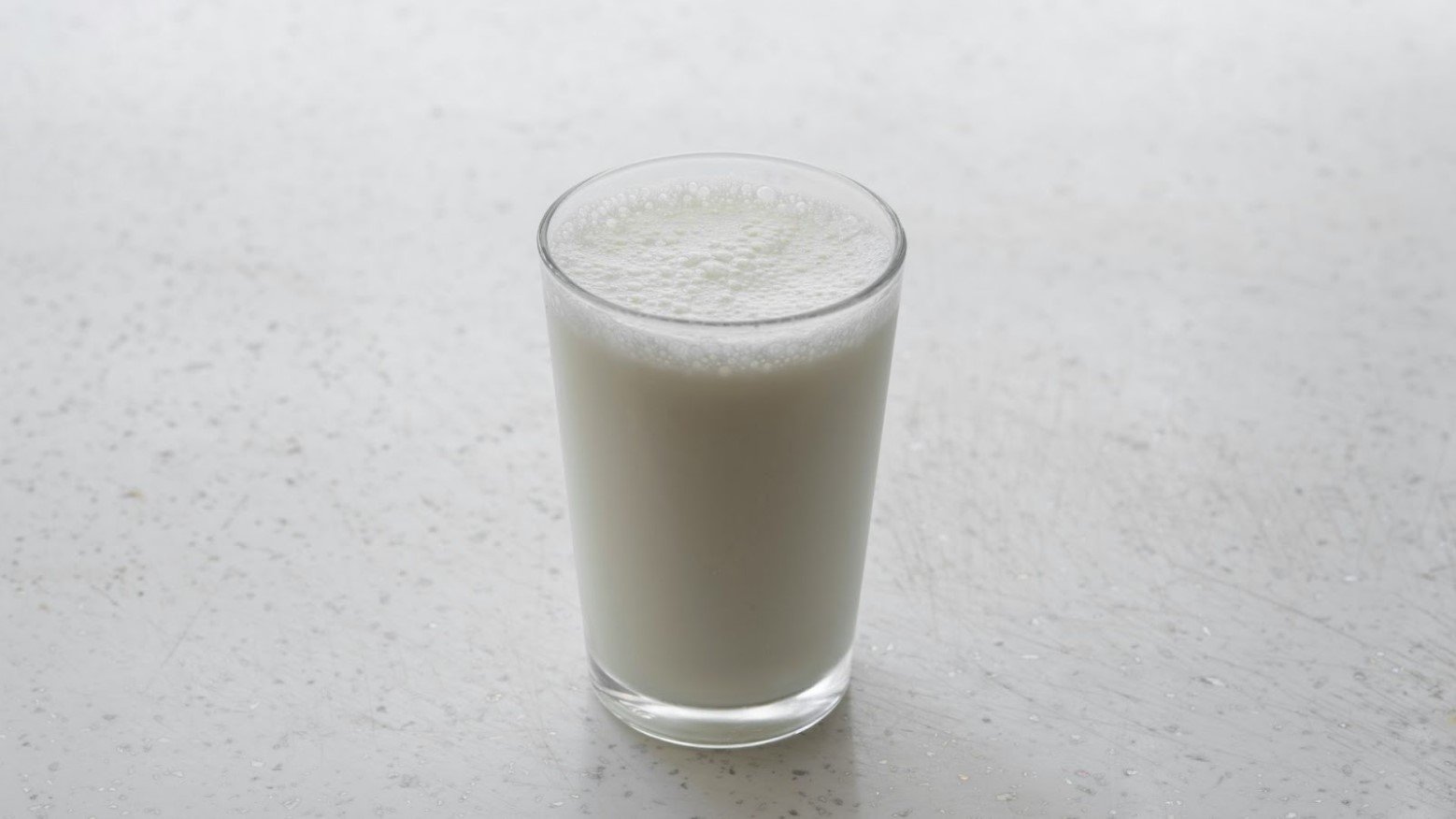
Recently, more Americans have chosen to drink raw milk for a variety of reasons. However, health officials warn that this should be avoided as the bird flu goes through cattle farms.
Instead, drinking regular pasteurized milk — the regular milk you can find at your local grocery store — is recommended.
Look at Sauces
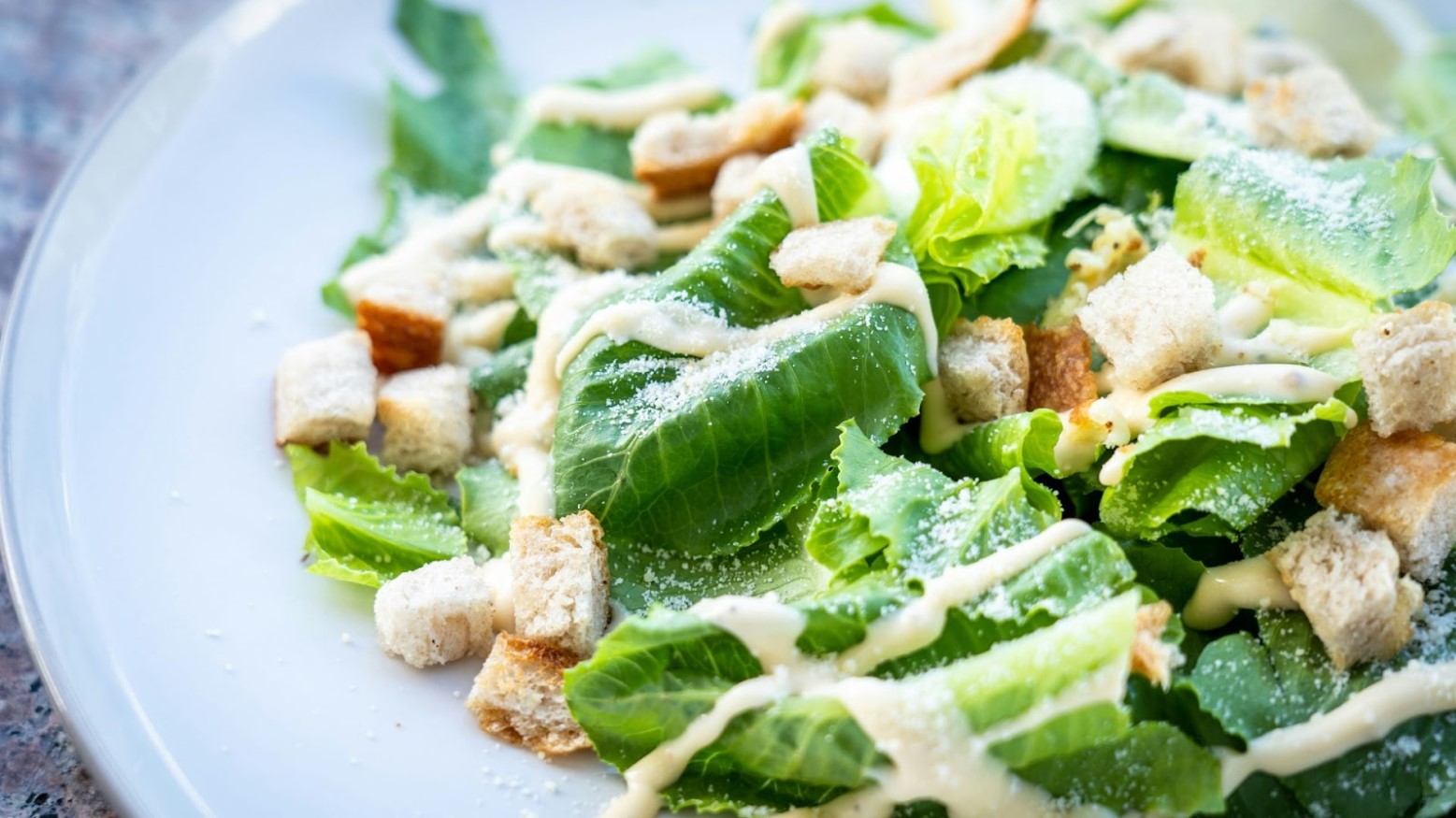
For the most part, people should avoid intaking any raw eggs, milk, or meat. This also means paying special attention to certain sauces, such as hollandaise sauces and Caesar dressings, both of which can sometimes contain egg yolks.
People should also steer clear of eating no-bake desserts, including cookie dough. These items also have uncooked eggs in them.
People Getting the Bird Flu Through Food
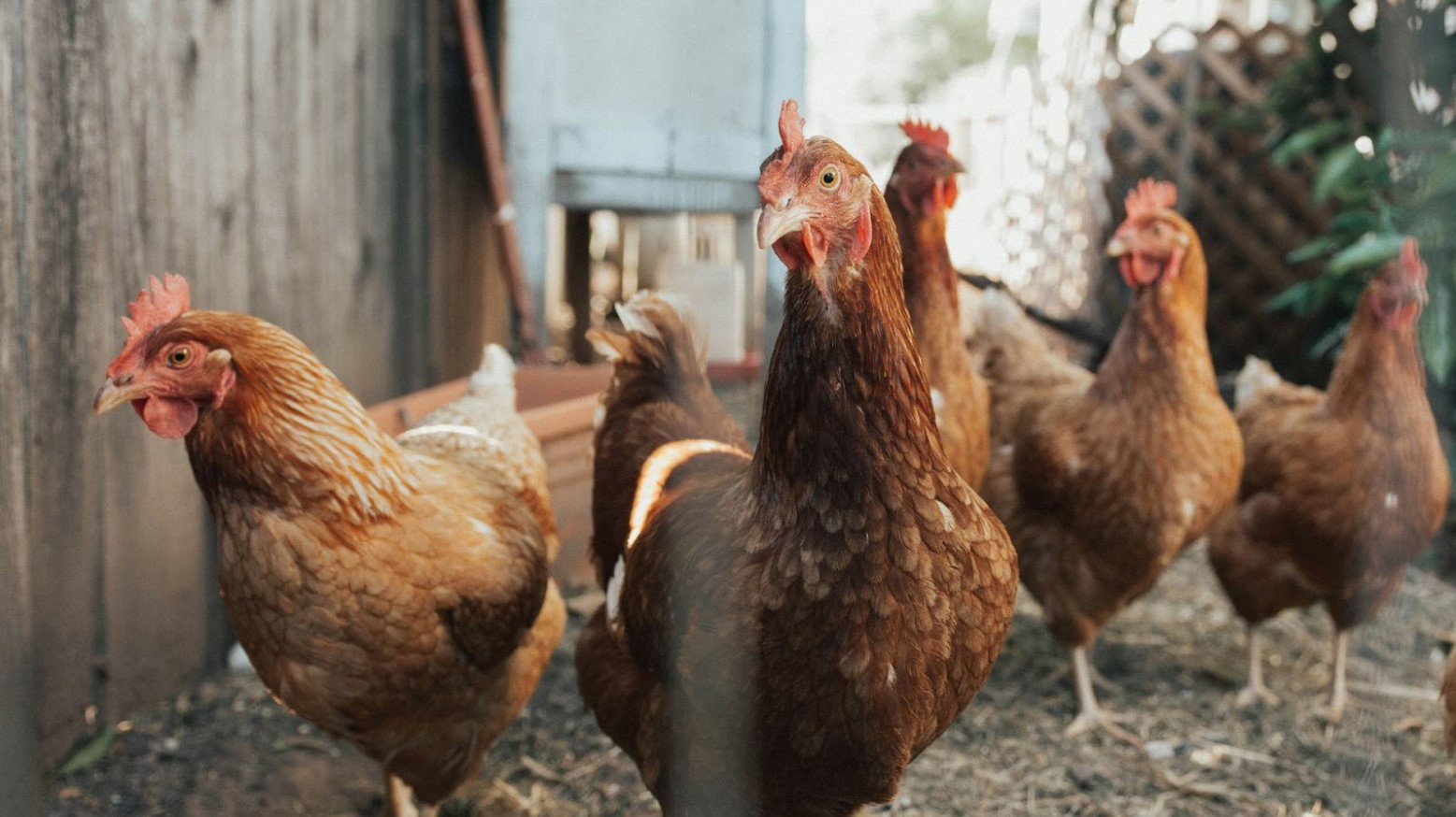
So far, nobody has ever been recorded of getting the H5N1 bird flu simply by eating food. However, health officials believe it’s better to be safe than sorry.
Though this hasn’t happened yet, scientists believe it could be possible, especially because animals can get an infection in this way. Thus, people should stay aware of what they’re eating during this time.








































